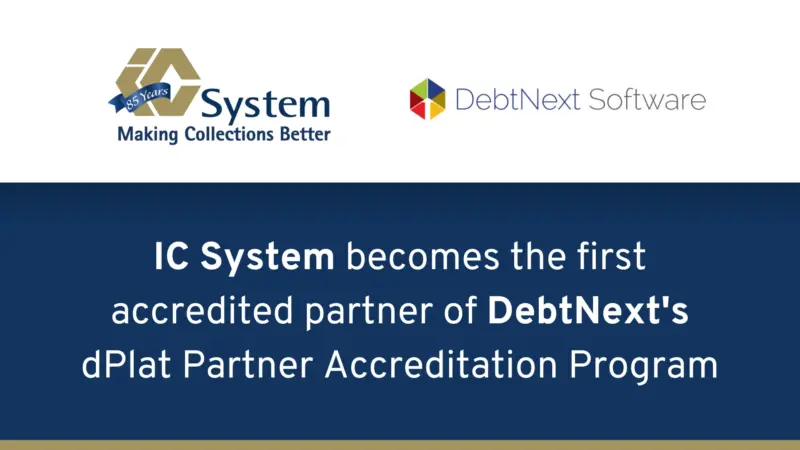Closing the Books: National Licensure in the Collections Industry
A collections agency that is nationally licensed ensures compliance within each state it operates. Chris Morris, VP of Client Success at IC System, spoke with Tyler Kern about the ins and outs of being nationally licensed in the collections industry.
Becoming a nationally licensed collections agency is a complex, intricate process that can take a year. And with the sensitive financial transactions at stake, states need to maintain a high level of confidence that the agency in question abides by all proper regulations.
IC System handles its licensing in-house and ensures the correct handling of each state’s requirements for operation. “There are vendors that collection agencies can hire to do the licensing for them,” Morris said. “But we choose not to do that.”
And licensing requirements are not a one-size-fits-all model. Each state may have its specific requirements to earn a license. “Some states are relatively straightforward,” Morris said. “You need to file an annual report to obtain a certificate of good standing. Other states require both that annual report as well as filing a licensing submission. Then other states require not only the collecting agencies to be licensed, but to have a licensed manager as well.”
Working with a nationally licensed collections agency has its advantages. People move, and they don’t always stay in the same state. If someone with unpaid debt moves to a different state, it is beneficial to work with an agency licensed in multiple states to collect that debt. “If you’re working with an agency that only has a regional footprint in terms of their licensing, they may not be able to attempt to collect that debt account if that person has moved out of state,” Morris said.




